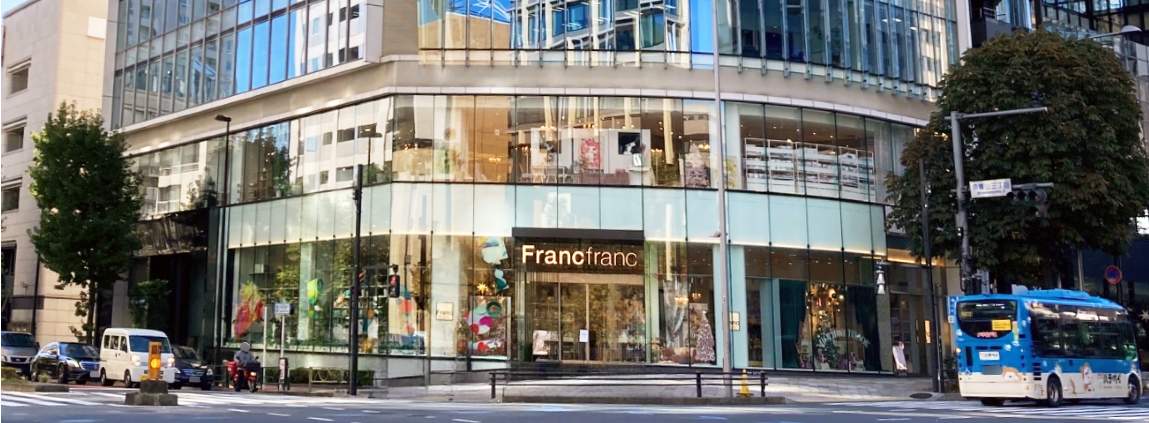INTRODUCTION
The Tokyo office market has begun showing signs of recovery after the downturn brought about by the pandemic. As of Q1/2024, average Grade B office1 rents and occupancies have rebounded from their respective troughs seen in Q3/2023 and Q3/2022. Indeed, employers have more recently come to expect greater office attendance. Furthermore, corporations should now also have a clearer idea as to the amount of office space they require and are hence more likely to conduct overdue layout changes.
According to a monthly survey conducted by the Tokyo Metropolitan Government, less than half of companies were implementing remote work in March 2024, and this percentage has gradually been on the decline over the past few years.
Furthermore, as seen in Graph 2, larger companies with more than 300 employees were disproportionately more likely to offer remote work options, with the opposite true for smaller companies. Indeed, the proportion of SMEs implementing remote work has decreased by a greater extent than that of larger companies. Since companies with fewer than 300 employees are more likely to be tenants of Grade B offices, the overall market sentiment looks favourable. Moreover, Japanese corporations have performed very well, with corporate profits and the employment rate showing strong growth, most likely leading to greater demand for office space.

.jpg)
.jpg)
.jpg)
.jpg)
.jpg)
.jpg)
.jpg)
.jpg)
.jpg)
.jpg)
.jpg)
.jpg)
.jpg)
.jpg)
.jpg)

.jpg)